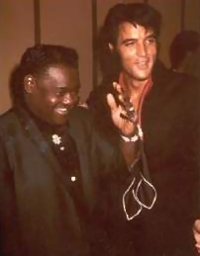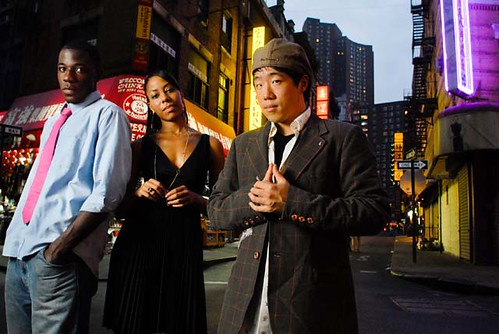Big pile o’ CDs. Can’t see over it. Good part: nobody can tell I’m here. Anyway this week a bunch of quickie reviews. Using sentence fragments. Dive in!
The Milwaukees, American Anthems Vol. 1
Solid, well-written new Jersey rock with a late 70s/early 80s sensibility and a vocalist, Dylan St. Clark, whose upper register sounds like Huey Lewis. Hard-rocking guitar licks and sprawl. Rocker tunes characterized by a certain melodic monotony, St. Clark using only one mode: shout-it-out passion at the top of his lungs. Fortunately also a variety of gentler songs where he shows range, plus “Save Me.” Suspect these guys are very good live. Hear extended clips here.
Diego Sandrin, A Fine Day Between Addictions
Italian, but sung in English, European pop-dramatic flair and gentle glam crossed with shy form of American alt-rock baritone ice. First song didn’t grab me – seemingly gratuitious profanity, for one thing. Plainspoken, mostly uninflected, vaguely yearning singing seemed too unemotional. All made sense later in the context of the whole CD’s disillusioned focus: “All I can be is this hole that you see / And I’m over your pitiful wall…” sings Sandrin in “My American Friend,” “…your god must be a banker, an accountant, / A brand on your shoes / I’m strung out again / It’s this godawful wind / I wrote ‘motherfucker’ on your wall / And I can’t wait till you cast me out.”
Zinger choruses rubbed in moody, mod grit. Quietly bracing, especially to listen in the morning, like a splash of bay rum on the hot old face. Song titles like “From Music to Nothing,” “Lest I Find Some Dissonance,” and “Pigeons” sum it up. Italian yet somehow New York. Nick Drake fans will probably like too. Listen and buy.
David Pavia, Songs for Soft Machines
Raw crunchy album rock inspired by psychedelia and Stones, classic Strat sound. Voice a high keen like a subset of Jimmy Page’s, sometimes early Mellencamp, or a Black Crowes or ZZ Top howl: can get a bit tedious, but powerful in best rockers like “Here We Go Again,” “Love Is All Over Me,” “Come To Life.” Not so much in some of ballads. But still like them.
Unexpectedly soulful but grokkable lyrics. A very assured debut; a keeper. Listen and buy.
Beth Hirsch, Wholehearted
Soothing jazzy pop. Is much soothing jazzy pop in world. Here more.
Much keyboard. Also some well played guitar work and well planned strings. Also a touch of folk-rock sheen in the writing and eerie throbbing ecto-electronica.
Bored me in the late afternoon. Listened again next morning, found it quite… soothing. Voice like velour. Chord changes like a lava lamp.
A subtle record. A mood record, a time of day record. Be soothed.
Built By Snow, Noise
Not a subtle record.
Gotta be honest with you – I popped this in only because of the cool cover design. Seven-song EP inside not too bad either. Emotional-mechanical. Stuffy-nosed singer sounds like Ric Ocasek (but sometimes overdoes I-don’t-care’-how-yucky-I-sound attitude).
Analog synths!
First two songs are best, “Sleeping Machines” also good. “Juliana” an effective punky ballad. Still – synth-rock style calls for raising of overall songwriting level. Can these guys do it?
Jarez, To the Top
Innocuous smooth jazz and funk-lite from an accomplished saxman. Title track cops the horn hook from the Stones’s “Bitch.”
Jarez toured with his cousin, the rapper Coolio, so he knows some stuff, I guess. But his smooth jazz is worlds better than his ashen r&b.
Melissa Giges, Far Beyond the Pacific
Warm, sensitive, jazzy chamber pop with pleasing harmonic motion.
“Surrender” has Bacharach flavor while “Stand By” evokes more jazzy Tori Amos. I dig “Find Some Time” and “Who Will I Be” and the lush ballad “Lay My Head Down” and others.
Good variety of feels and energy levels, but the hooks don’t match the sweet arrangements. Still, above average for the style. If only there weren’t so much of the style around…
Hear and buy at her website.
All done. See you next week, when we return with our regularly scheduled program of complete sentences.







